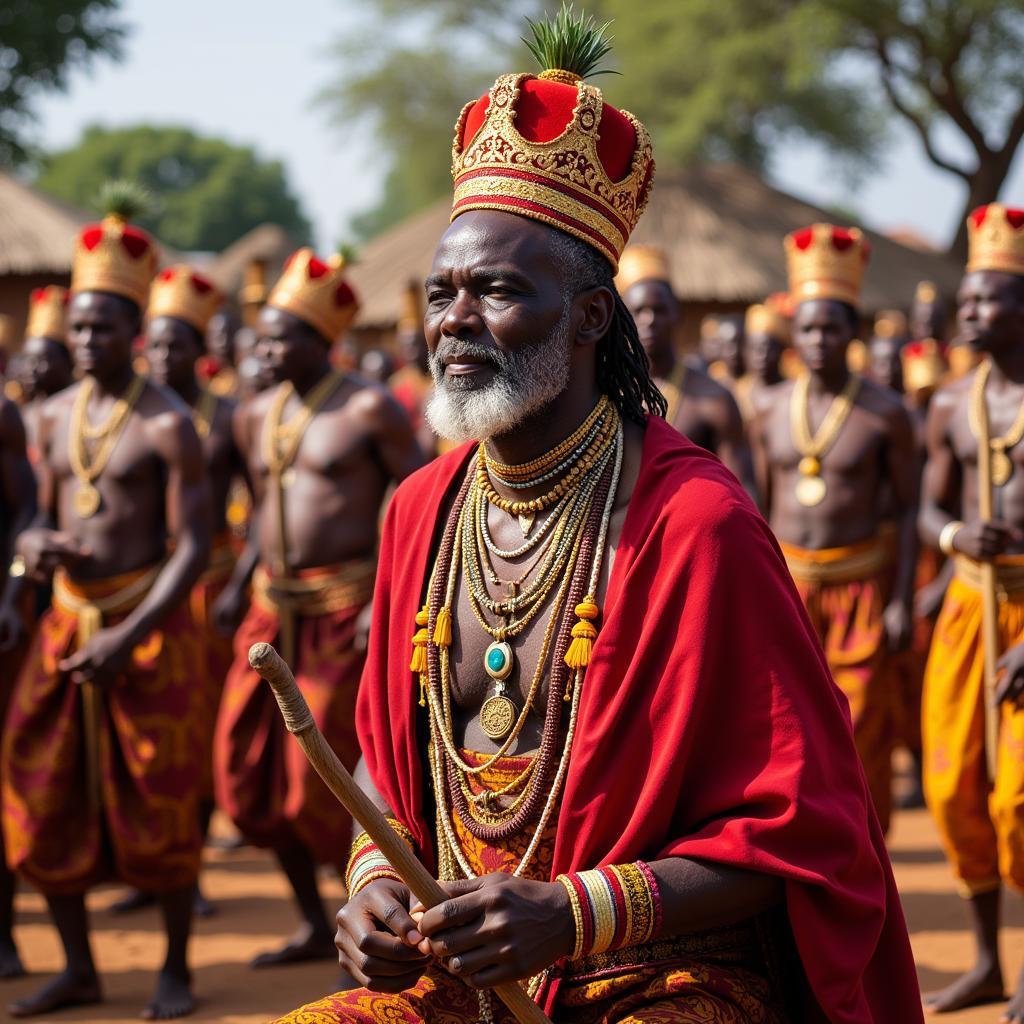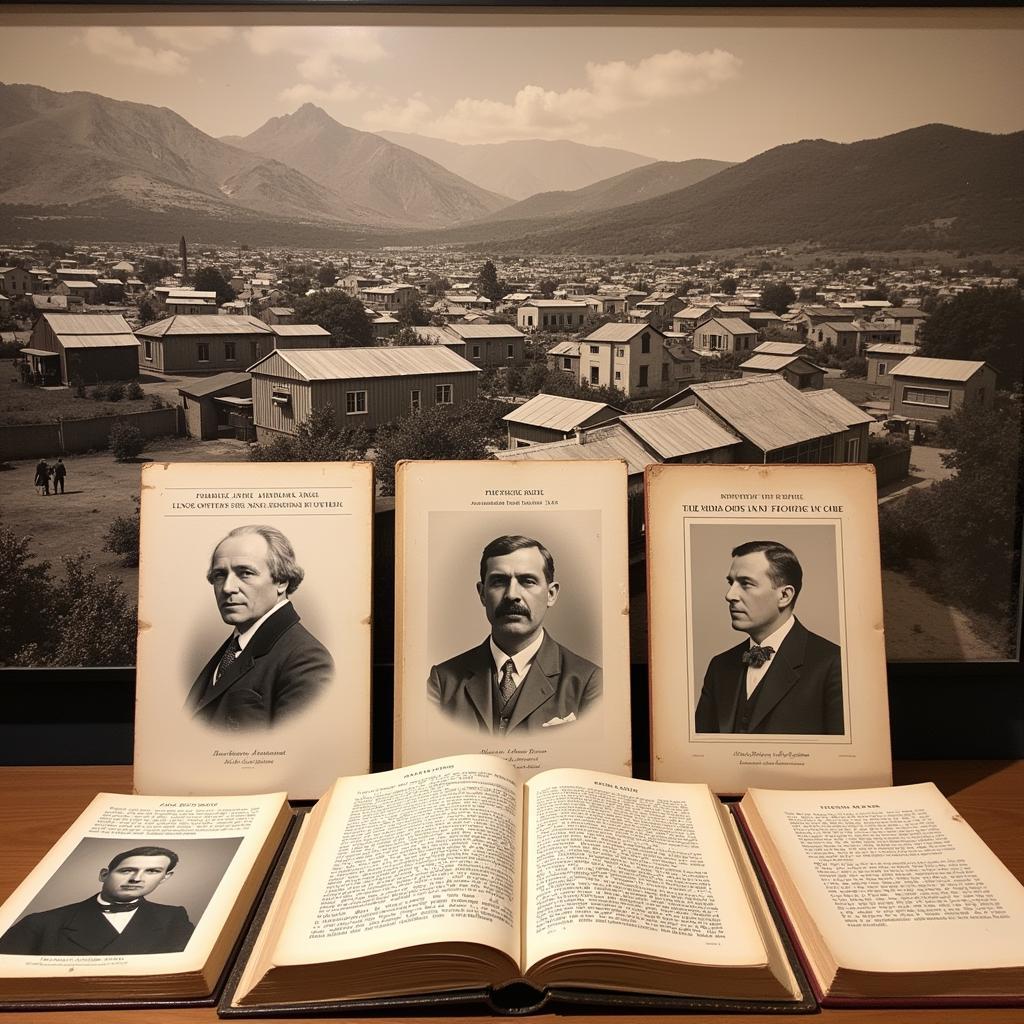African Kings 2019: A Glimpse into Modern Monarchies
The year 2019 witnessed the continued reign of several African kings, traditional rulers who hold significant cultural and symbolic importance in their respective communities. These monarchs, often seen as custodians of heritage and symbols of unity, navigate a complex world where tradition intersects with modernity. While their political power varies across the continent, their influence on social and cultural matters remains substantial.
The Enduring Legacy of African Kingship
African kingship, with its roots deep in history, represents a diverse tapestry of traditions and customs. From the powerful dynasties of pre-colonial times to the monarchs who play a vital role in contemporary society, the institution has constantly evolved. In 2019, as in preceding years, African kings continued to serve as custodians of their people’s history, culture, and spiritual beliefs.
One of the most compelling aspects of African kingship is its connection to the land. Many monarchs are considered the living embodiment of their ancestors and the guardians of their people’s ancestral domains. This connection is not just symbolic; it often translates into a deep understanding of local issues and a commitment to the well-being of their communities.
Navigating the Modern World: The Evolving Role of African Monarchs
In the 21st century, African kings face the unique challenge of balancing tradition with the demands of a rapidly changing world. Many have become advocates for their people, using their platform to address issues like poverty, education, and healthcare. Some have also taken on roles in conflict resolution and peacebuilding, drawing on their traditional authority to bridge divides and foster reconciliation.
The rise of social media has also provided African kings with new avenues to connect with their communities and the wider world. By embracing these platforms, monarchs can share their perspectives, promote cultural understanding, and engage in dialogue on a global scale.
Beyond the Crown: The Cultural Significance of African Kings
While the political power of African kings may vary, their cultural and spiritual significance remains profound. They are often seen as the living embodiment of their people’s history, values, and traditions. Their presence at cultural events, festivals, and ceremonies adds a layer of meaning and importance that transcends the purely political.
 King Participating in Cultural Festival
King Participating in Cultural Festival
Furthermore, African kings often play a crucial role in dispute resolution, acting as mediators and peacemakers within their communities. Their interventions, rooted in tradition and respect for ancestral wisdom, can be highly effective in resolving conflicts and maintaining social harmony.
Conclusion
The year 2019, like those before it, showcased the enduring legacy of African kings. These monarchs, while navigating the complexities of the modern world, continue to hold a unique position as custodians of culture, symbols of unity, and advocates for their people. As Africa continues its journey in the 21st century, the role of traditional rulers will undoubtedly continue to evolve, reflecting the continent’s dynamic present while honoring its rich and storied past.

